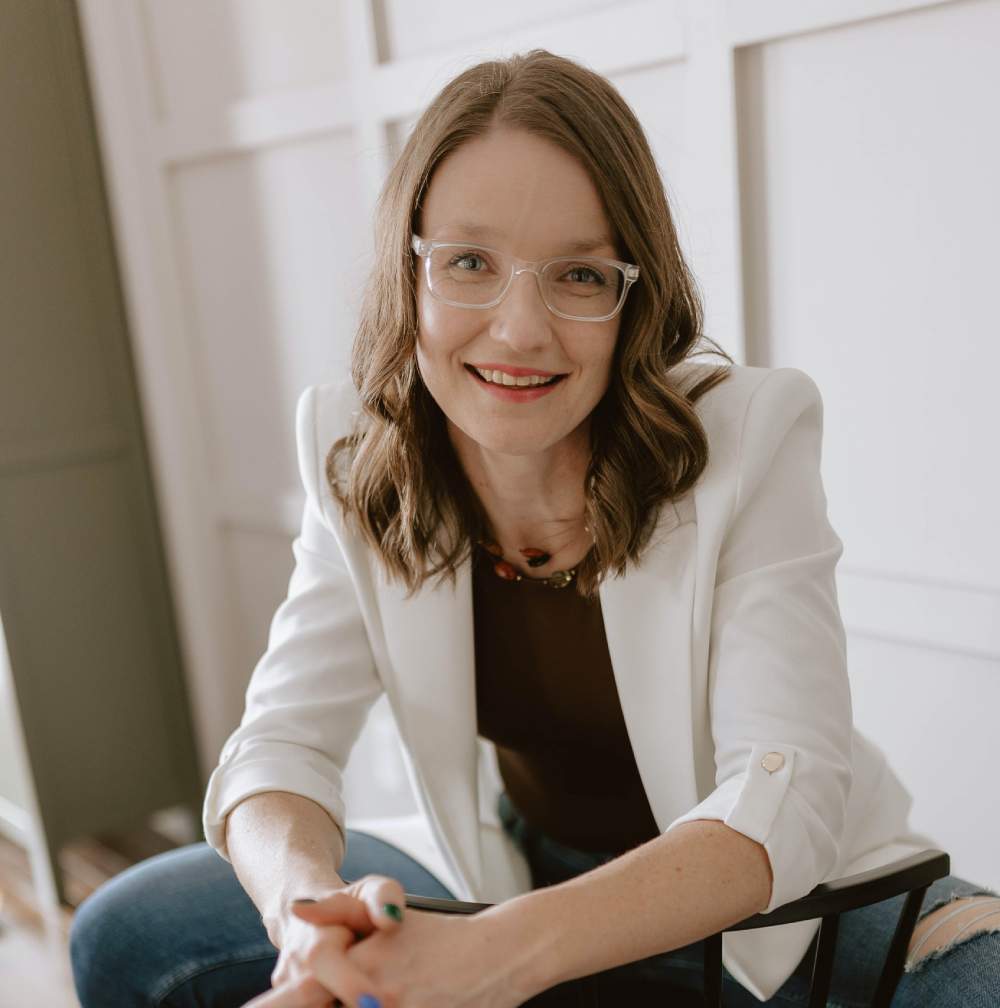Leaders of the University of Vermont’s accelerated sustainability MBA describe the program and offer advice for schools launching a similar program.
In most business programs sustainability is an add-on. It appears as an elective course, module or certificate. That is not the case with the Sustainable Entrepreneurship MBA (SEMBA) at the University of Vermont (UVM). SEMBA Co-Directors Stuart Hart and David A. Jones describe the program and its development, and offer advice for sustainability centres looking to launch a similar program.

In 2012, Sanjay Sharma, Dean of UVM’s School of Business Administration, abolished the existing MBA program, which was no longer generating meaningful revenue. He wanted to replace it with a specialized MBA program that would have a very unique value proposition for students. What emerged was SEMBA.
The program trains future leaders to build, disrupt, innovate and reinvent sustainable enterprises. And it has a very well defined audience. “Think of the lifecycle of companies,” says Hart. “They start up, establish, grow, mature and then need to be reinvented. Most MBA programs prepare students for careers in well-established companies, executing on existing strategy. We train students to create new enterprises and reinvent existing companies.”
SEMBA prepares students for careers as sustainable entrepreneurs and start-up investors, change agents in existing companies (intrapreneurs) and consultants that assist companies with sustainable transformations.
About the SEMBA Program
SEMBA is an accelerated 1-year, AACSB-accredited program that includes a 3-month practicum. Courses are delivered in four 8-week modules, covering management, building and growing sustainable enterprise, and focusing on sustainability. Innovation and sustainability are embedded within all SEMBA courses and a full course list is available here.
Practicum projects are available with both local and international ventures and companies. And these projects are not make-work initiatives. Companies, including both start-ups and big brands, use student proposals to launch new sustainable business initiatives.
Twenty students enrolled in the first year of the program in 2014, but Hart and Jones aim to grow enrollment to approximately 50 by year 2018. Students are organized into a single cohort who take the same courses at the same time, forming lifelong relationships.
Learnings from Program Development
To create an accelerated, sustainability-focused program, you can’t cover everything. Hart and Jones agree this was a major lesson from SEMBA’s first year.
To fit the equivalent of a two-year MBA degree into an accelerated 1-year experience, the 45 credit-hour curriculum uses 1 and 2 credit courses, as opposed to the traditional 3-credit courses. If not managed carefully, student overload can occur as instructors squeeze in too much content, or exam and assignment bottlenecks occur at the end of each module.
Hart and Jones have addressed this issue in many ways. (1) they’ve strategically minimized coverage of a few traditional MBA topics that are less relevant to sustainable entrepreneurship; (2)they host faculty retreats, to build shared understanding between instructors on what to teach and how much to assign; (3) they created a calendar that documents the timing of readings, assignments and deliverables for all courses. This helps identify and mitigate bottlenecks; and (4) they train new students on teamwork before starting formal coursework, so students can effectively support one another in peak times.
Their most innovative solution, however, has been the use of integrated case studies. Hart and his colleagues wrote the cases with Novelis, the world’s largest aluminum supplier, which has a focus on closed-loop production and the circular economy. The resulting cases are applicable across strategy, leadership, operations, marketing, finance and governance. This creates teaching efficiency, as students satisfy multiple learning objectives through the same case.
Early Program Outcomes
-
Training effective change-agents: Hart and Jones believe SEMBA graduates have all the tools required to make money in new and sustainable ways. These graduates can inspire entire companies to move in new directions.
-
Real-world impact through practicum projects: Practicum projects result in significant, real-world outcomes. For example, following their 2015 practicum, three SEMBA students were retained by PepsiCo to continue creating a new business, focused on providing affordable nutrition to the underserved.
-
Inspiring faculty: Deep collaboration between SEMBA instructors as they co-plan curriculum has helped direct more intellectual attention to sustainability. SEMBA has also deepened the School of Business Administration’s partnership with the Vermont Law School, as sustainability-focused law faculty teach in the SEMBA program.
How SEMBA Was Created
To build the new MBA program, Dean Sharma assembled a committee of faculty members with little MBA experience, including Jones. This allowed members to think beyond the way things had ‘always been done.’ Members selected sustainable entrepreneurship as the theme and created a draft curriculum, which unanimously passed a vote by the entire Business School faculty. A series of faculty workshops were then held to discuss how to (a) effectively integrate sustainability content into courses and (b) structure the overall curriculum.
Conditions at UVM were also highly conducive to creating SEMBA. Dean Sharma has had a long and successful career in sustainability. To advise on program development, Sharma engaged Hart, who had extensive experience building sustainability centres. Additionally, many UVM faculty members were already well-respected sustainability researchers and many of the school’s corporate stakeholders were already engaged in progressive sustainability activities. It was a perfect storm.
More Information
Learn more about the Sustainable Entrepreneurship MBA (SEMBA).



Add a Comment
This site uses User Verification plugin to reduce spam. See how your comment data is processed.This site uses User Verification plugin to reduce spam. See how your comment data is processed.